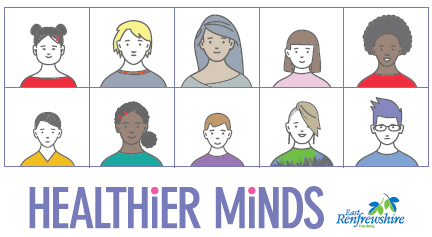Staff Wellbeing
Supporting the emotional wellbeing of young people is challenging for practitioners particularly when the young person is disclosing self-harm or suicidal behaviour. It is likely to have a significant impact on the emotional health and wellbeing of the adults providing that support. We are all vulnerable to the effects of stress, burnout and vicarious trauma which refers to stress and trauma that can occur in response to witnessing or hearing about other people’s trauma. It is very normal for supporting adults to experience these and does not reflect on the ability, values or skills of a practitioner.
Stress, burnout and vicarious trauma can affect:
- Sleep routine
- Energy levels
- Ability to switch off
- Ability to think and focus
- Mood
- Motivation for spending with friends and family or engaging in hobbies
It is important that we are aware of these signs and know what we can do to help ourselves and who we can turn to for help.
Practice Self-awareness
This refers to our ability to observe our own experiences, recognise symptoms in ourselves, be aware of our needs and limitations. Being more self-aware can help us identify the physical and emotional signs that we might be struggling and prompt us to take action.
Practice self-regulation
This refers to our ability to cope with, and manage, our feelings. Often this comes from behaviours and activities we do to make ourselves feel better but it also comes from accepting that there are limits to what we can do, things outwith our control and professional and personal boundaries that we should maintain to keep ourselves safe and well.
Seek Balance
Reflecting on the balance between personal time, professional time and time given to others and making small changes can make a big difference to our emotional wellbeing.
Workplace Considerations
Each workplace setting is different and will require different considerations around supporting staff. Formal and informal procedures should be established for debriefing staff following incidents and on a regular basis as required. Supervision, check-ins, peer mentoring groups and buddy systems can help to promote staff wellbeing and support individuals during challenging times.

